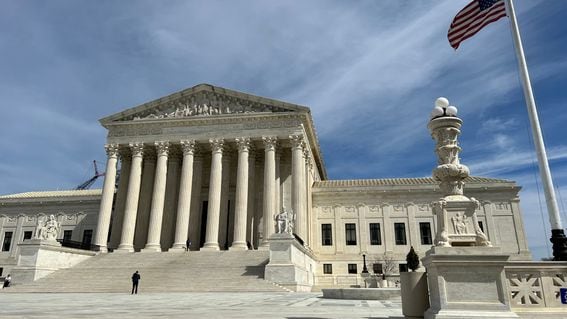U.S. Securities and Exchange Commission (SEC) Chair Gary Gensler voiced mixed reactions on Monday regarding a recent court decision about Ripple Labs Inc. Speaking at a National Press Club event in Washington DC, Gensler affirmed his approval of the ruling that institutional sales of Ripple’s tokens did breach federal securities laws, emphasizing the need for protecting investors at that level.
Conversely, Gensler expressed disappointment over the part of the judgment that declared Ripple’s token sales to retail investors on public cryptocurrency exchanges as not qualifying as securities under federal laws. This perspective reflected the court’s view that speculative investors did not have a reasonable expectation of profits stemming from Ripple’s entrepreneurial or managerial efforts.
“We’re pleased with that decision recognizing the importance of protecting investors on the institutional investors. While disappointed on what they said about retail investors, we’re still looking at it and assessing that opinion.”
Gary Gensler, SEC Chair
SEC Chair treads cautiously amid ongoing litigation
Gensler remained tight-lipped on the subject of spot-bitcoin Exchange-Traded Funds (ETFs), citing ongoing litigations and the necessity for him, in his role as the SEC Chair, to refrain from preempting the outcomes of the various applications pending before the regulatory body.
When probed on the seeming propensity of the SEC to lean towards enforcement regulation, as opposed to rulemaking like its European counterpart, Gensler maintained that his agency had indeed engaged in some rulemaking activities. He highlighted instances of “notice and comment rulemaking” and “special purpose broker-dealer” licensing.
Despite his disappointment over certain aspects of the Ripple case, Gensler reasserted the SEC’s dedication to upholding investor protection standards. He pledged the SEC’s continued commitment to bringing enforcement actions and encouraging crypto firms to register.
“We’re going to continue to try to bring firms that may not be in compliance into compliance — without prejudging any one of them — and try to ensure that we protect the investing public,” Gensler concluded.





